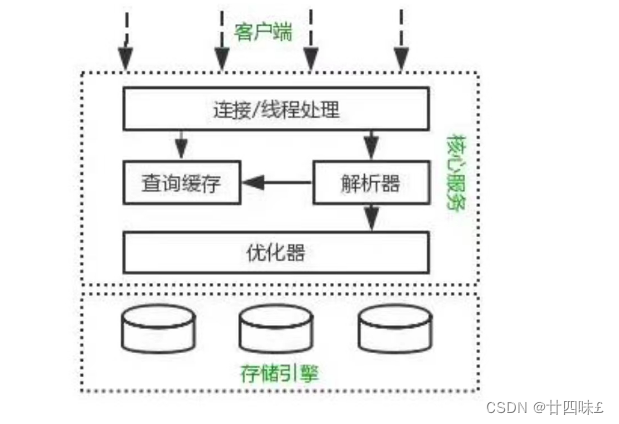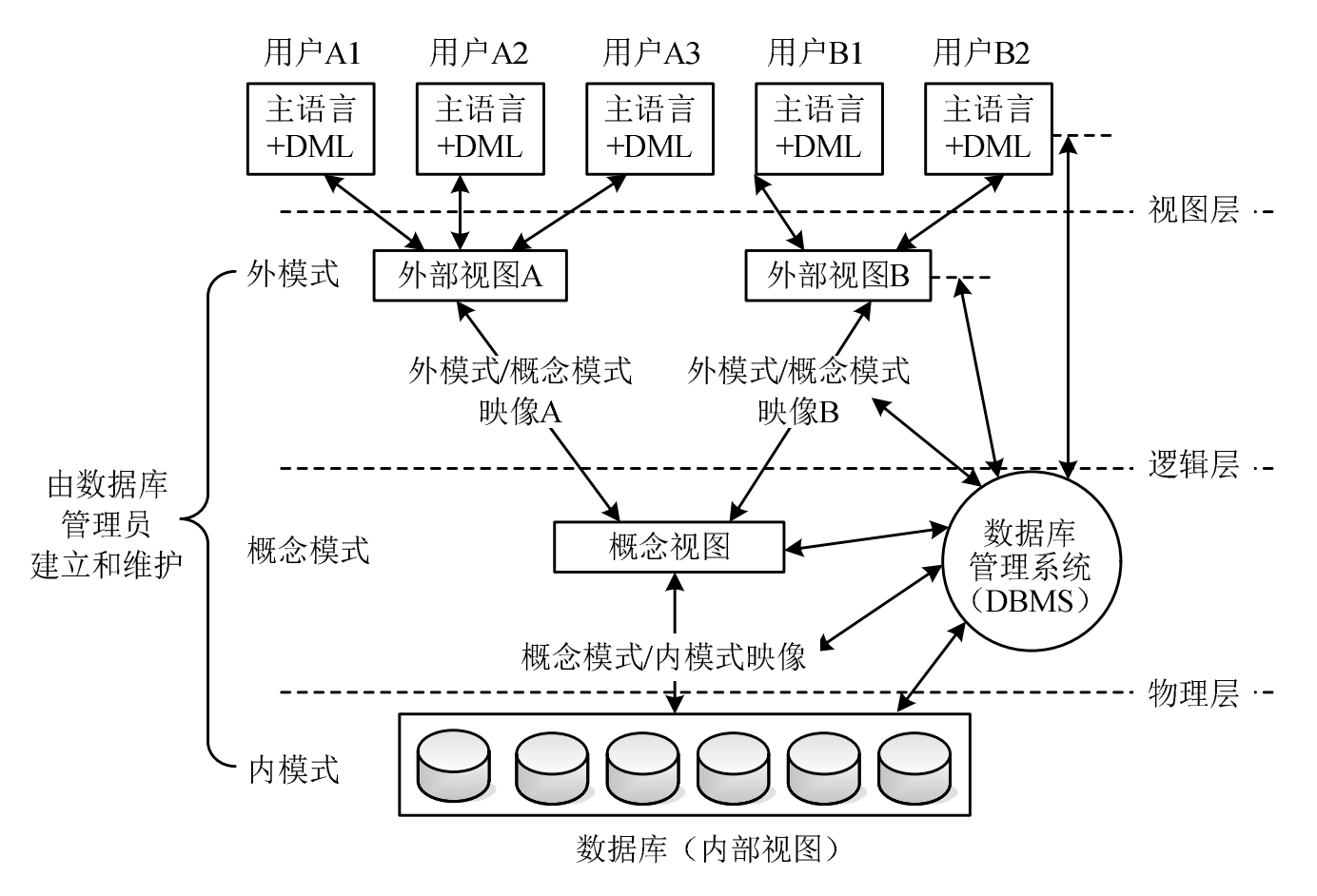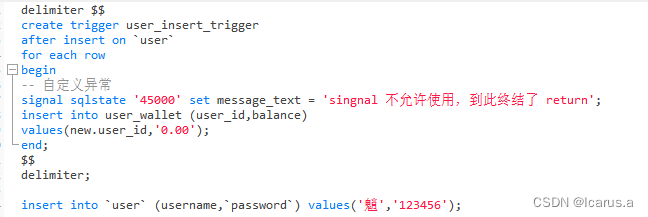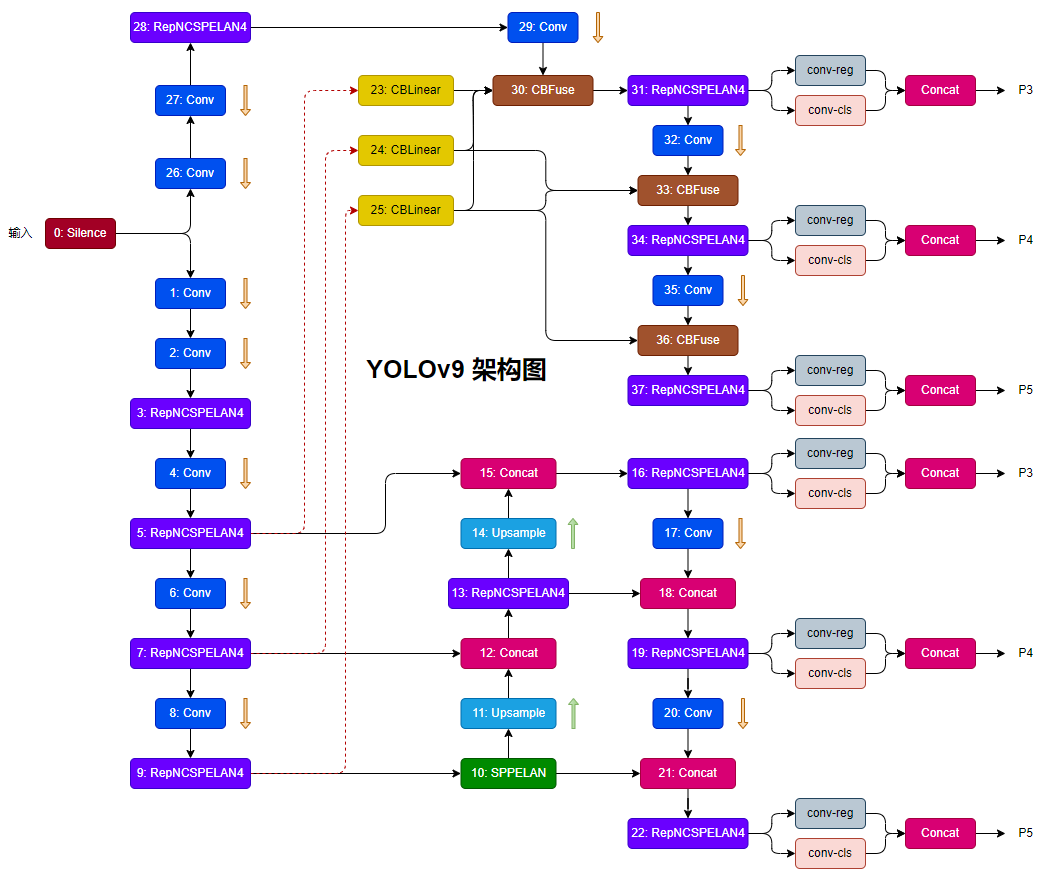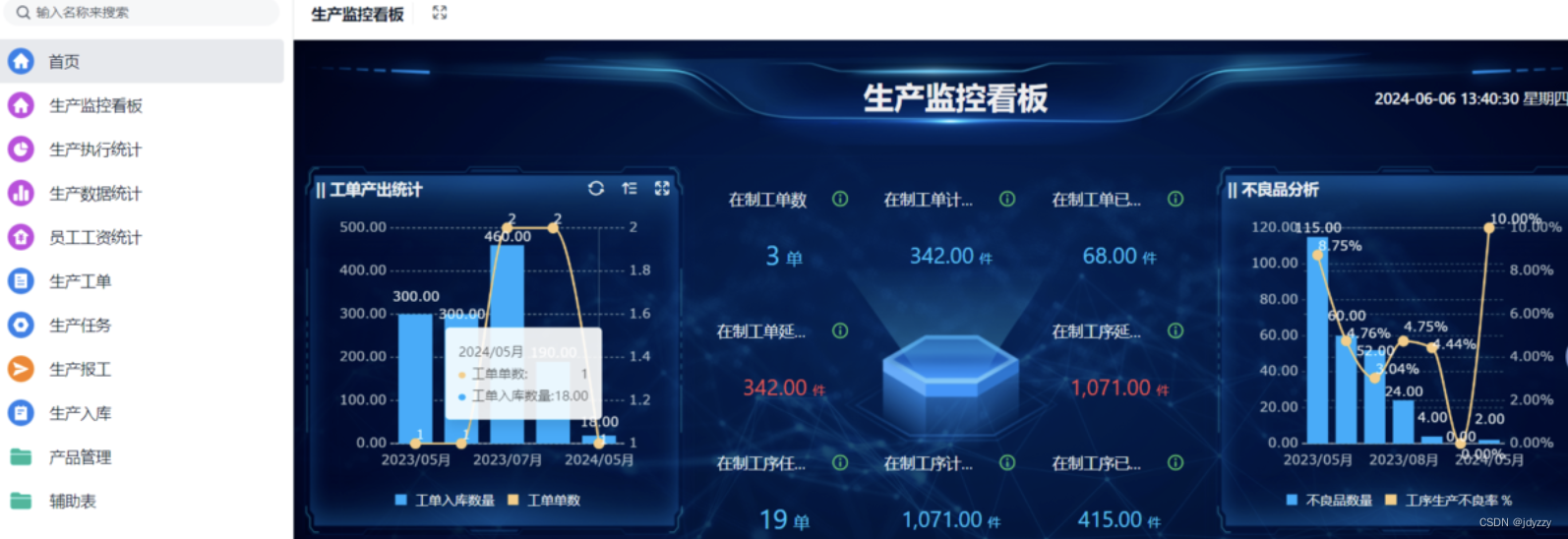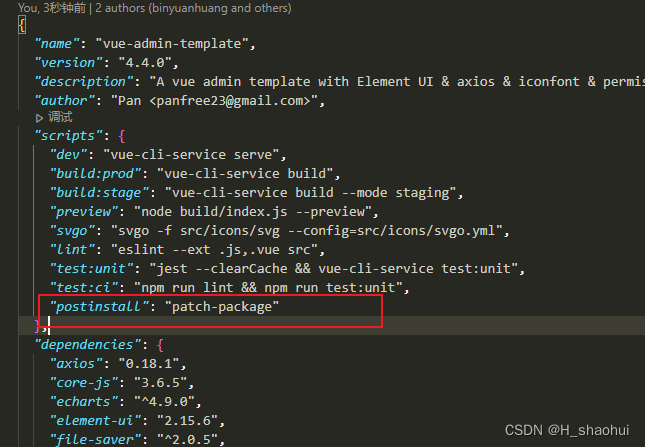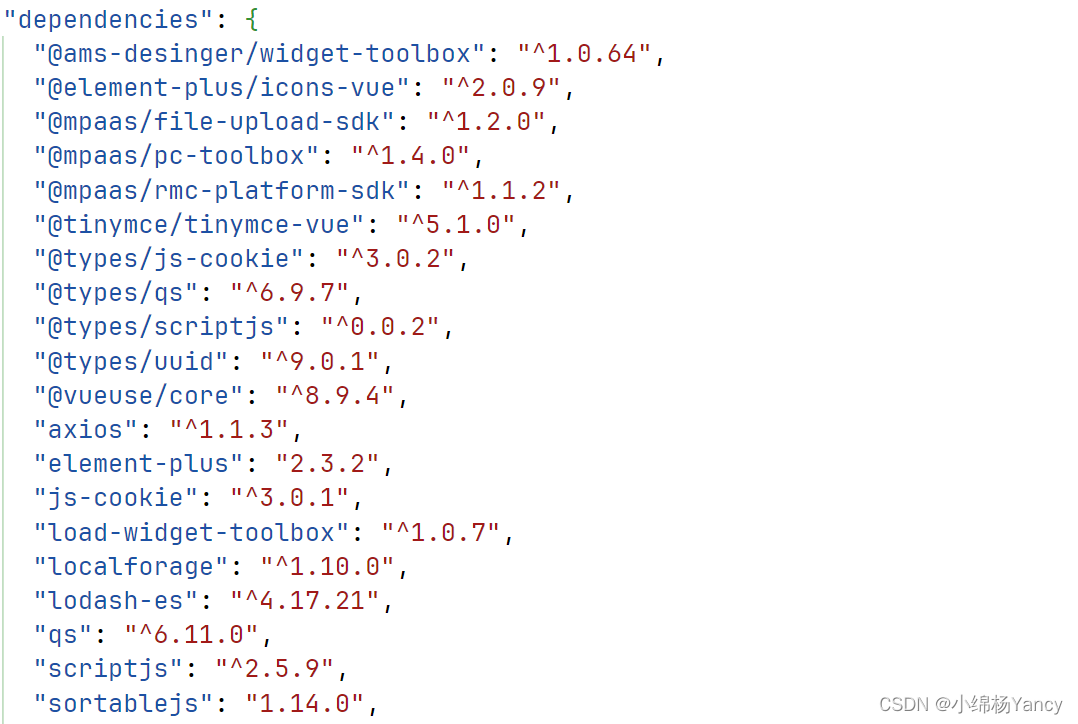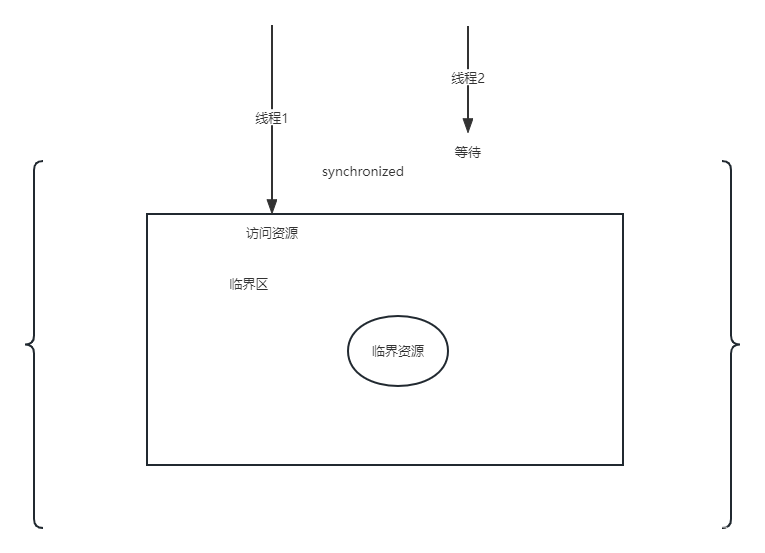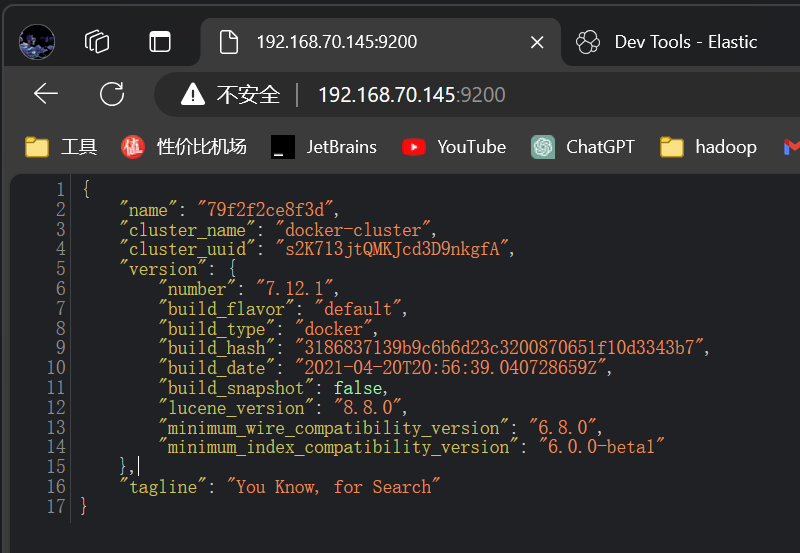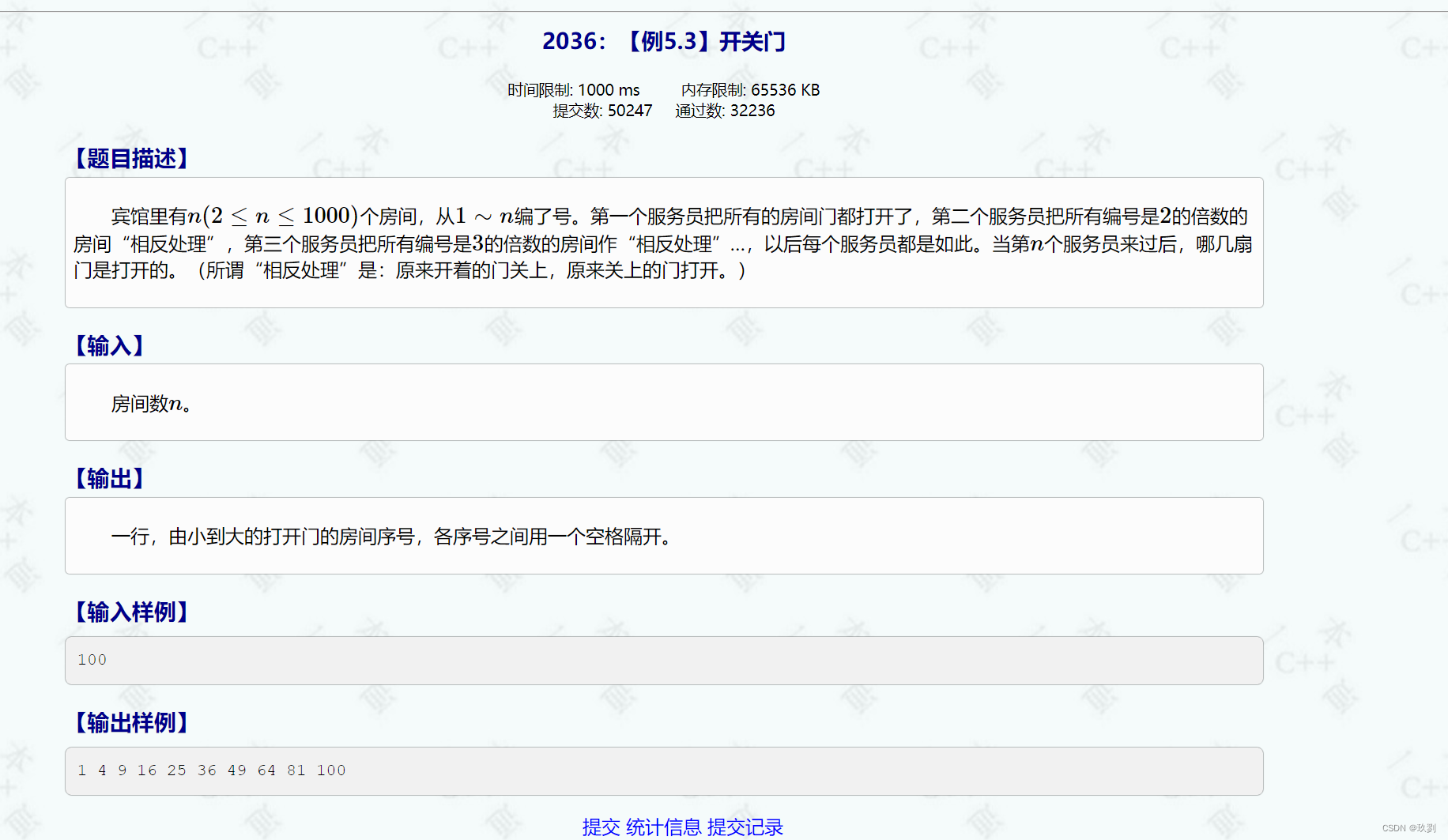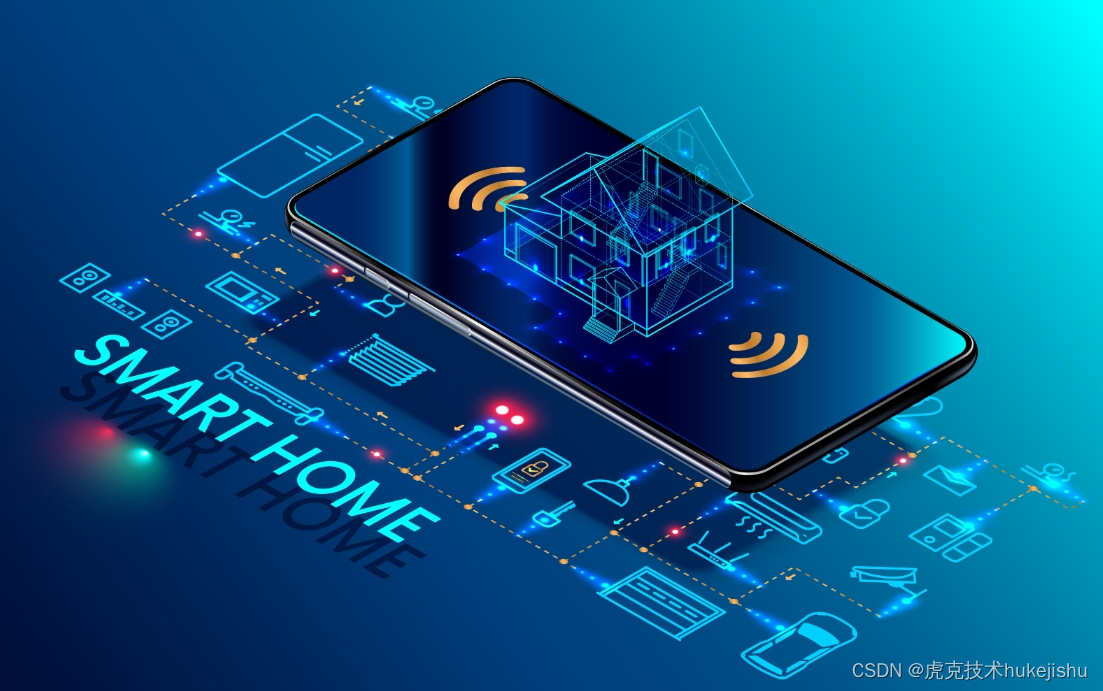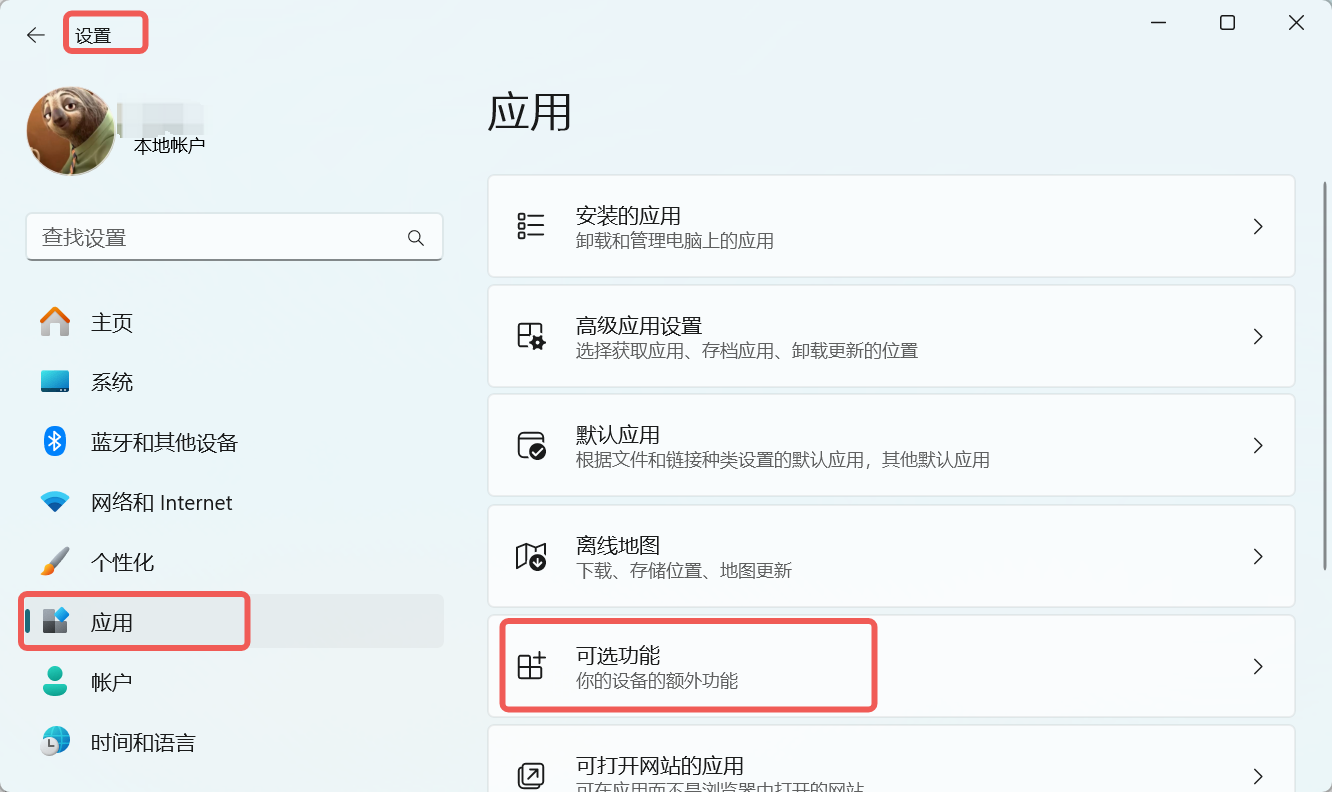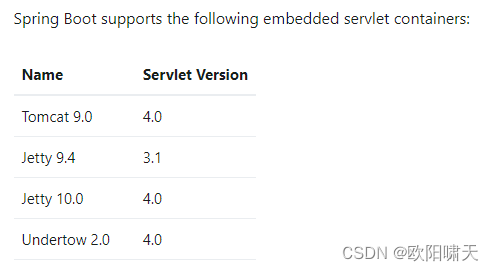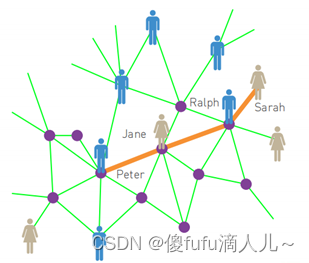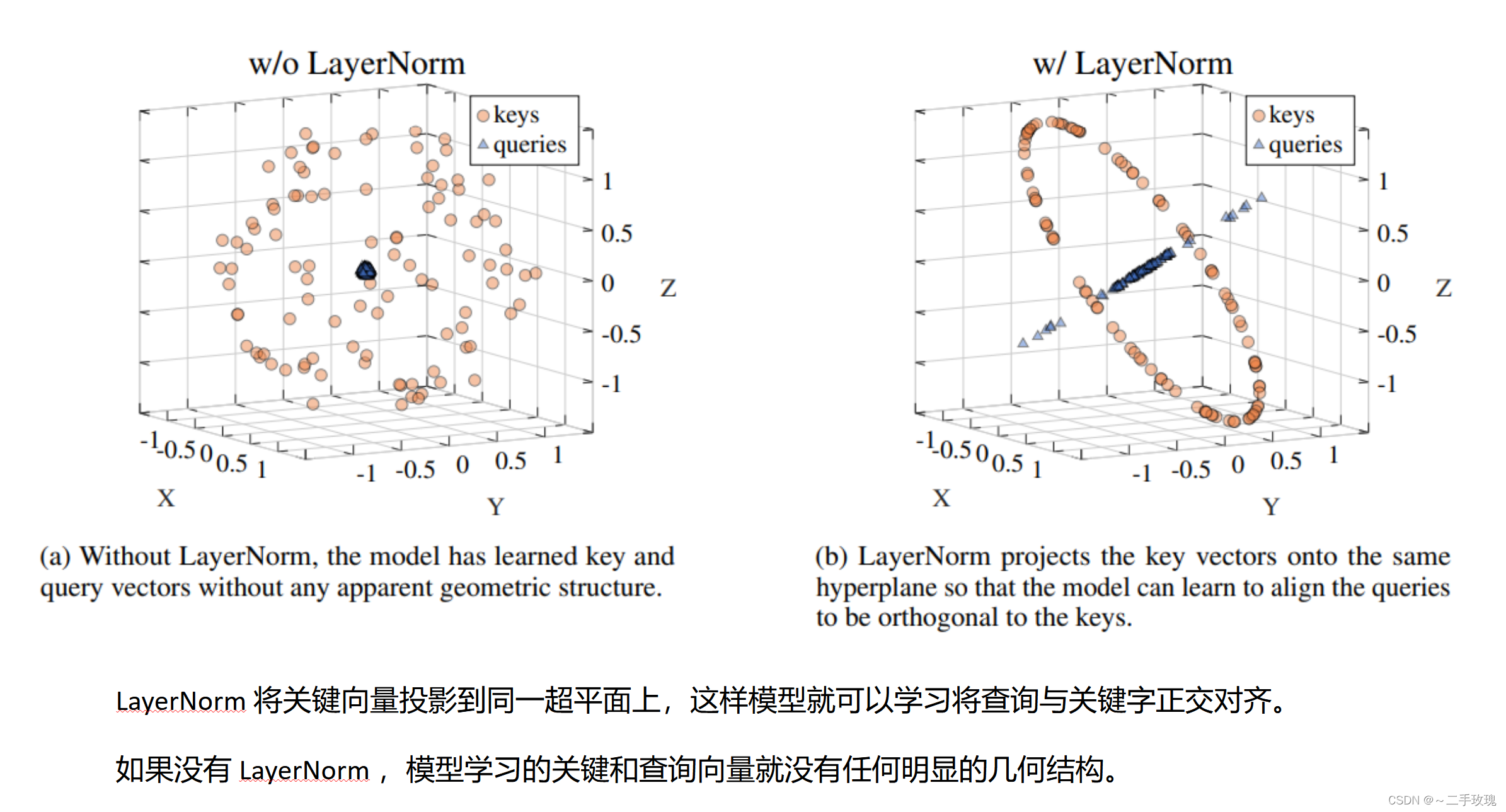
WTF ‘Tech Team Lead’
As a Tech Team Lead, your role is to oversee the technical aspects of a project or team, and to provide guidance, support, and leadership to your team members. Here are some key responsibilities and aspects of the role:
- Leadership and Management: You will be responsible for leading a team of technical professionals, including assigning tasks, setting goals, and ensuring that the team is working efficiently and effectively. You may also be responsible for recruiting and onboarding new team members, and providing mentorship and support to team members.
- Technical Expertise: As a Tech Team Lead, you are expected to have a strong background and expertise in the relevant technologies and tools used by your team. You should be able to guide and support your team members in their technical work, and provide solutions to complex technical challenges.
- Project Management: You will be responsible for managing and coordinating projects, including defining project scope, setting timelines and deadlines, and ensuring that deliverables are met. This may involve working closely with other teams or departments, and coordinating resources and tasks.
- Communication and Collaboration: A Tech Team Lead needs to have excellent communication and collaboration skills. You will need to effectively communicate with team members, other stakeholders, and upper management. You should be able to provide clear instructions, guidance, and feedback, and act as a bridge between the technical team and non-technical stakeholders.
- Problem Solving and Troubleshooting: As a Tech Team Lead, you will often be called upon to help troubleshoot and solve complex technical problems. You should be able to think critically and analytically, and provide innovative solutions to technical challenges.
- Continuous Improvement: A key aspect of the role is driving continuous improvement within the team and the projects. This includes identifying and implementing best practices, keeping up with the latest industry trends and technologies, and fostering a culture of learning and growth within the team.
Overall, as a Tech Team Lead, your role is to provide technical guidance, mentorship, and leadership to your team, and to ensure the successful completion of projects. It requires a combination of technical expertise, strong communication and management skills, and an ability to solve problems in a fast-paced and dynamic environment.
How can help?
- Develop your technical skills: Stay up-to-date with the latest technologies and tools related to your field. Continuously enhance your expertise through self-study, attending conferences, and participating in learning opportunities. This will help you gain the respect of your team and enable you to provide valuable guidance and support.
- Lead by example: As a Tech Team Lead, you should practice what you preach. Demonstrate a strong work ethic, attention to detail, and a commitment to quality. Your team will look up to you as a role model, so be sure to display the values and behaviors you expect from them.
- Foster a positive team culture: Create an inclusive and collaborative work environment where team members feel safe to share ideas, ask questions, and take risks. Encourage open communication, respect diverse perspectives, and promote a sense of trust and psychological safety within the team.
- Communicate effectively: Clear, concise, and frequent communication is crucial. Ensure that team members understand their roles, responsibilities, and project expectations. Provide regular updates on project status and milestones to keep everyone informed. Actively listen to your team and address any concerns or issues that arise.
- Provide support and mentorship: Take an interest in the professional development of your team members. Provide guidance, constructive feedback, and mentorship to help them grow in their roles. Support their career goals and empower them to take on new challenges and responsibilities.
- Encourage collaboration and teamwork: Emphasize the importance of teamwork and collaboration within your team. Encourage knowledge sharing, cross-functional collaboration, and a supportive atmosphere. Foster a culture that values diversity of ideas and encourages healthy debate.
- Set clear goals and expectations: Establish clear goals and expectations for projects and individual team members. Ensure that everyone understands the desired outcomes and timelines. Provide regular feedback and recognition for achievements, and address any performance issues promptly and constructively.
- Delegate effectively: Use your team’s skills and strengths to delegate tasks and responsibilities appropriately. Trust your team members to handle their assigned tasks and give them autonomy to make decisions. Provide support and guidance as needed and be available to address any challenges that arise.
- Lead with empathy: Understand and empathize with the unique challenges and needs of your team members. Be approachable and supportive, and provide the necessary resources and flexibility to help them succeed. Show appreciation for their hard work and celebrate team successes.
- Continuously learn and improve: Stay curious and seek opportunities for growth and improvement, both for yourself and your team. Learn from experiences, seek feedback from your team, and reflect on your leadership style. Adapt and evolve your approach as needed to meet the changing needs of your team and organization.
WTF is DevOps?’, ‘WTF is observability?’, ‘24/7 support’, ‘continuous innovation’, ‘proactive ops’, ‘attracting and retaining people in tech’, ‘multicloud vs hybrid cloud’
- DevOps: DevOps is a software development approach that combines development (Dev) and operations (Ops) teams to streamline the software delivery process. It focuses on collaboration, automation, and monitoring to enable faster, more reliable software releases. DevOps aims to break down silos between teams and promote a culture of continuous integration, delivery, and improvement.
- Observability: Observability refers to the ability to gain insight into the internal workings of a system through the collection and analysis of its operational data. It involves monitoring and analyzing various metrics, logs, and traces to understand how a system behaves, troubleshoot issues, and optimize performance. Observability is crucial for maintaining reliable systems and effectively responding to incidents.
- 24/7 support: 24/7 support refers to the availability of technical assistance and customer support around the clock, seven days a week. It ensures that users or customers can get help with their issues or problems at any time, regardless of the time zone or location. 24/7 support is essential for businesses that operate globally or have critical systems that need continuous monitoring and maintenance.
- Continuous Innovation: Continuous innovation is the practice of constantly seeking and implementing improvements in products, services, or processes. It involves an ongoing cycle of ideation, experimentation, feedback, and iteration to deliver innovative solutions and stay ahead of competition. Continuous innovation drives businesses to adapt, evolve, and remain relevant in a rapidly changing market.
- Proactive Ops: Proactive ops refers to taking preemptive measures to prevent issues or problems from occurring in systems or applications. It involves proactive monitoring, capacity planning, security measures, and regular maintenance to minimize the risks and impact of potential issues. Proactive ops focuses on identifying and addressing vulnerabilities or concerns before they become critical problems.
- Attracting and retaining people in tech: This topic revolves around strategies and practices to attract and retain talented individuals in the technology industry. It includes creating an inclusive and diverse work environment, offering competitive salary and benefits, providing opportunities for growth and learning, promoting work-life balance, and fostering a strong company culture. Effective talent attraction and retention are vital for organizations to succeed in the highly competitive tech industry.
- Multicloud vs Hybrid Cloud: Multicloud and hybrid cloud are both cloud computing strategies.
- Multicloud refers to the use of multiple cloud service providers to distribute workloads or applications across different clouds. This approach offers flexibility, scalability, and vendor independence, allowing organizations to leverage the unique features and services of multiple cloud platforms.
- Hybrid cloud, on the other hand, combines both private and public cloud infrastructure. It enables organizations to keep sensitive or critical data on-premises in a private cloud while utilizing the scalability and cost-effectiveness of public cloud services for other workloads. Hybrid cloud offers a balance between control and scalability.
GPT
https://thenewstack.io/sky-computing-the-next-era-after-cloud-computing/

